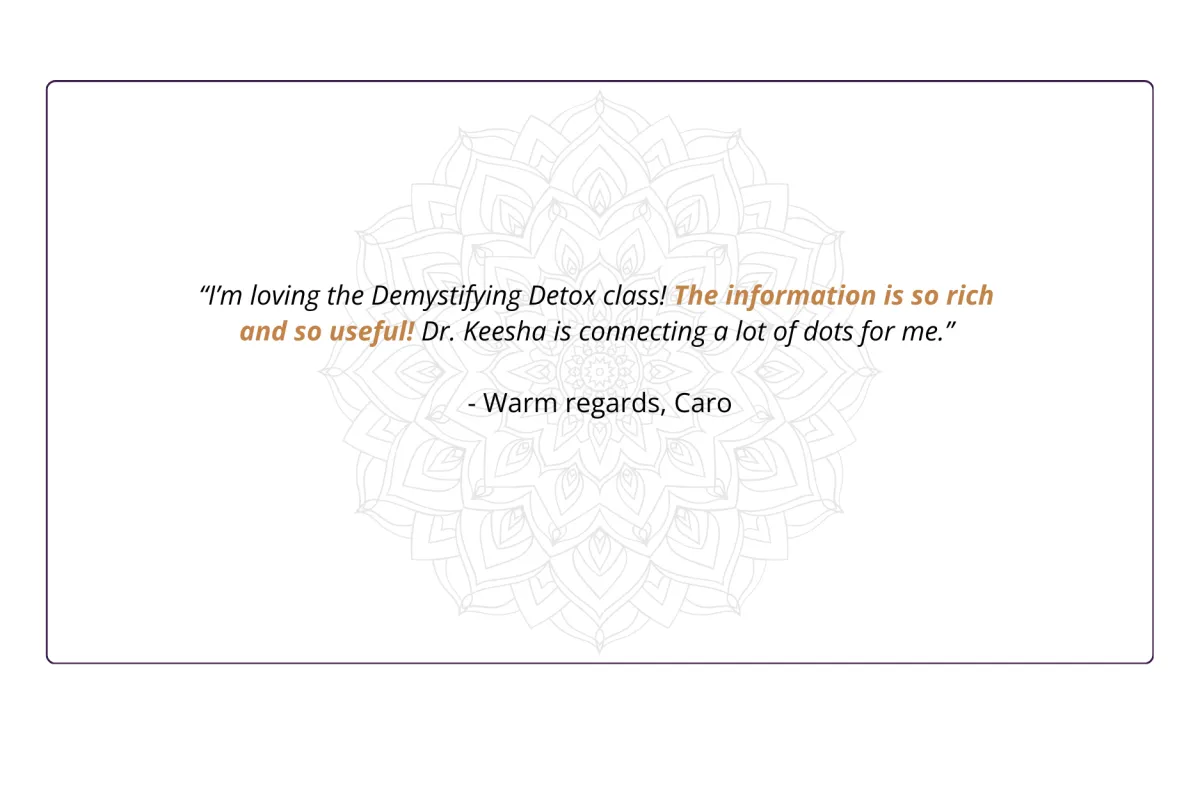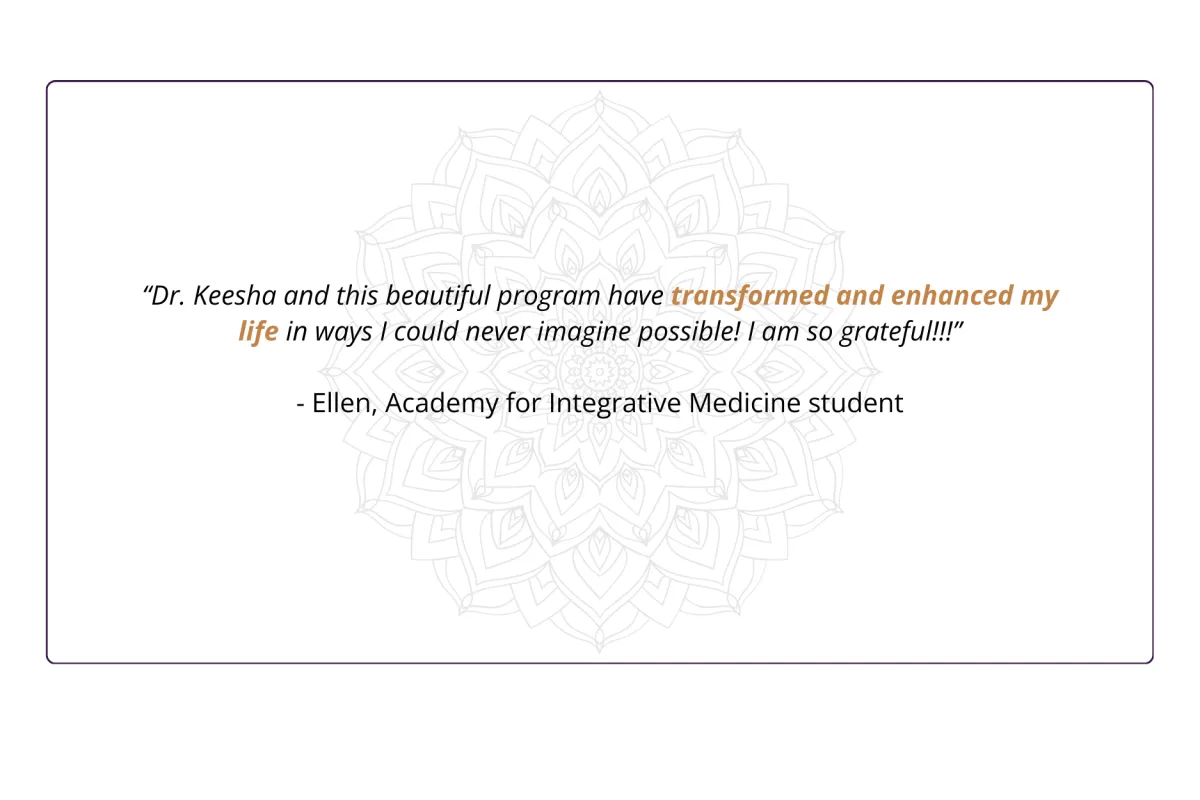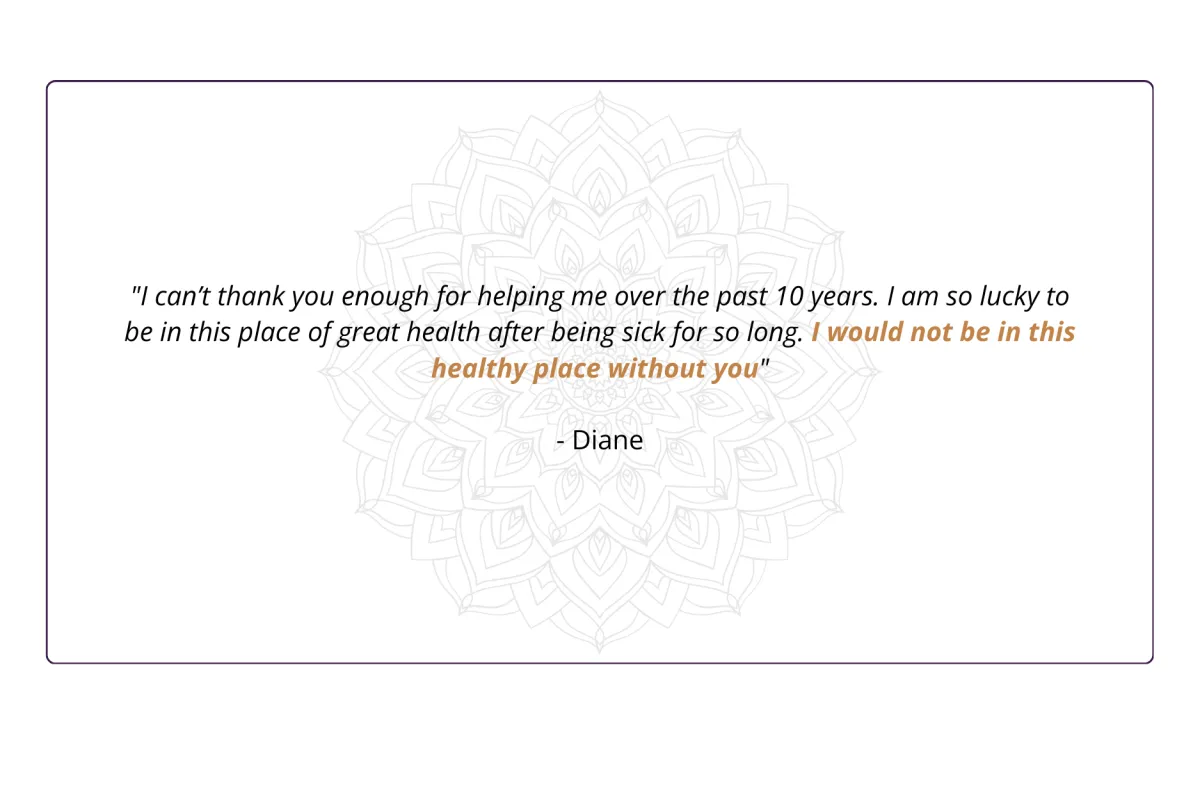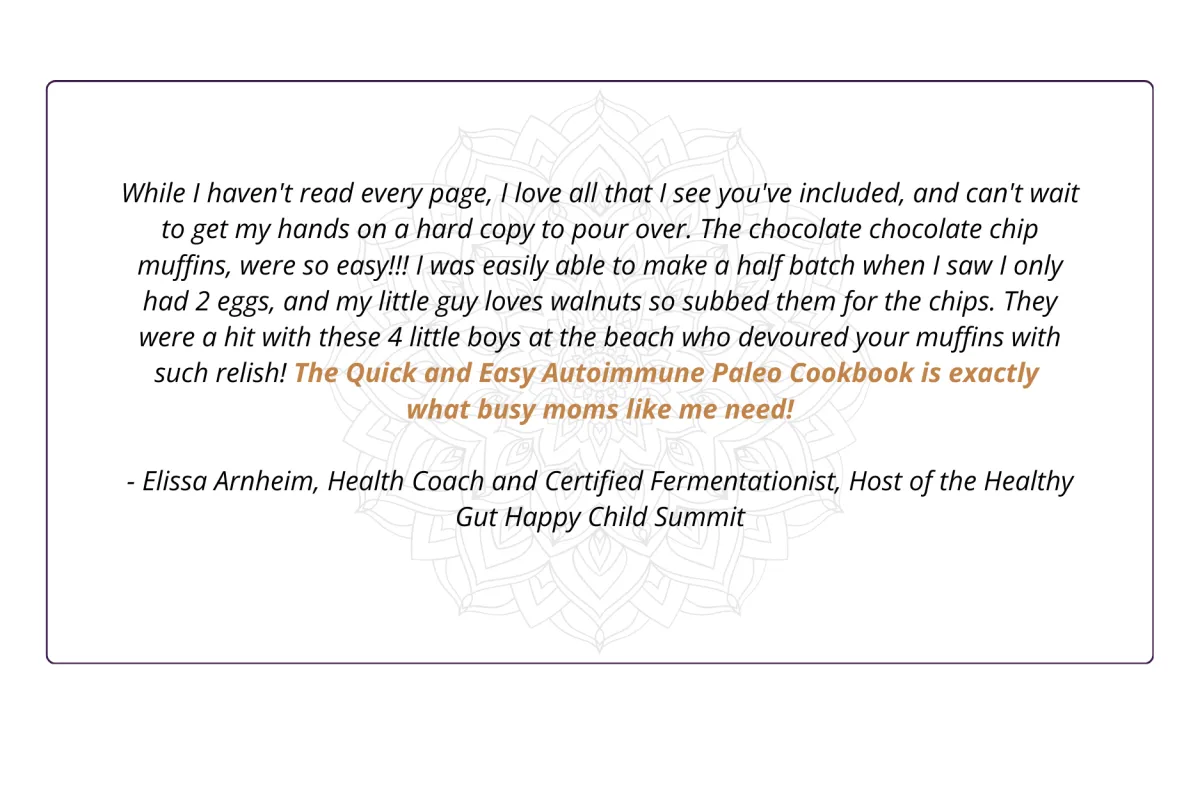

Blogs

Embrace the Freedom Framework Principle
Embrace the Freedom Framework Principle: A Holistic Approach to Managing Autoimmune Diseases
In the intricate dance of life, our bodies operate with an exquisite balance, much like a meticulously crafted garden. At the heart of this garden lies our immune system, the diligent caretaker, whose primary task is to maintain harmony by identifying and eliminating harmful intruders such as viruses and bacteria. This continuous effort safeguards our health and well-being. However, in the case of autoimmune diseases, this delicate equilibrium is disrupted, leading to a scenario where the caretaker, in a state of confusion, mistakenly targets the garden's own blossoms and branches instead of the weeds.
Recent cutting-edge research, including a significant study published in Nature Reviews Immunology, has delved deep into the complexities of autoimmune reactions. These scientific explorations have shed light on how flaws in the immune system's regulatory mechanisms can lead to these self-directed attacks. Understanding these intricacies is pivotal in unraveling the underlying mechanisms of autoimmune diseases and is a cornerstone in the development of more targeted and precise treatment modalities.
Moreover, investigations highlighted in Cell Reports have brought to the fore the profound influence of environmental factors on immune function and the susceptibility to autoimmune diseases. These factors range from dietary choices and lifestyle habits to exposure to pollutants—all of which can tip the scales of the immune system's balance, potentially triggering or exacerbating autoimmune conditions.
Recognizing the role of environmental influences in autoimmune diseases is akin to understanding how different soil compositions or climatic conditions can affect the health of a garden. This knowledge is crucial as it sheds light on why autoimmune diseases may manifest differently in individuals, influenced by their unique lifestyles and environmental contexts.
The essence of this burgeoning research underscores the importance of adopting a holistic approach to autoimmune disease management. This approach is comprehensive, taking into account not only genetic predispositions but also environmental triggers. The goal is to tailor personalized treatment strategies that are as unique as the individuals they are designed for. Just as a skilled gardener adjusts their techniques in response to variations in soil quality and weather patterns, healthcare providers can customize interventions to address specific lifestyle factors and environmental exposures.
By embracing such a personalized approach, healthcare professionals aim to cultivate a more favorable internal environment for their patients. This involves mitigating autoimmune responses and fostering overall health and well-being. Such a strategy is not a one-size-fits-all solution but rather a Freedom Framework Principle that provides the flexibility to adapt to each individual's needs, much like cultivating a diverse and thriving garden.
In conclusion, the journey to managing autoimmune diseases is an ongoing one, with research continually evolving and offering new insights. As we learn more about the interplay between our immune system, genetics, and the environment, we can better equip ourselves to address these complex conditions. By applying the principles of the Freedom Framework, we can hope to guide our immune system—the diligent caretaker of our body's garden—to distinguish between the true intruders and the essential parts of ourselves that need to be nurtured and protected.
Stay tuned for more updates and insights on autoimmune diseases in our forthcoming newsletters, where we will continue to explore the latest findings and their implications for those affected by these conditions.
What People Say
LEGAL NOTICE:
Information on this web site is provided for informational purposes only. This information is not intended as a substitute for the advice provided by your physician or other healthcare professional. Do not use the information on this web site for diagnosing or treating a health problem or disease. Always speak with your physician or other healthcare professional before taking any medication or nutritional, herbal or homeopathic supplement, or using any treatment for a health problem. If you have or suspect that you have a medical problem, contact your health care provider promptly. Do not disregard professional medical advice or delay in seeking professional advice because of something you have read on this web site. Information provided on this web site DOES NOT create a doctor-patient relationship between you and any doctor affiliated with our web site. Information and statements regarding dietary supplements have not been evaluated by the Food and Drug Administration and are not intended to diagnose, treat, cure, or prevent any disease.
HOME | MEET ME | WORK WITH ME | SUCCESS STORIES | BLOG | SUPPLEMENTS AND KITS | MEDIA | PATIENT DEMOGRAPHIC INFORMATION FORM | FAQS | PRIVACY POLICY | DISCLAIMER | TERMS OF USE | PROGRAMS & PRODUCTS TERMS | CONTACT | RETURNS/REFUNDS/SHIPPING
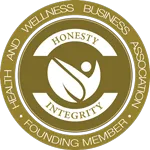
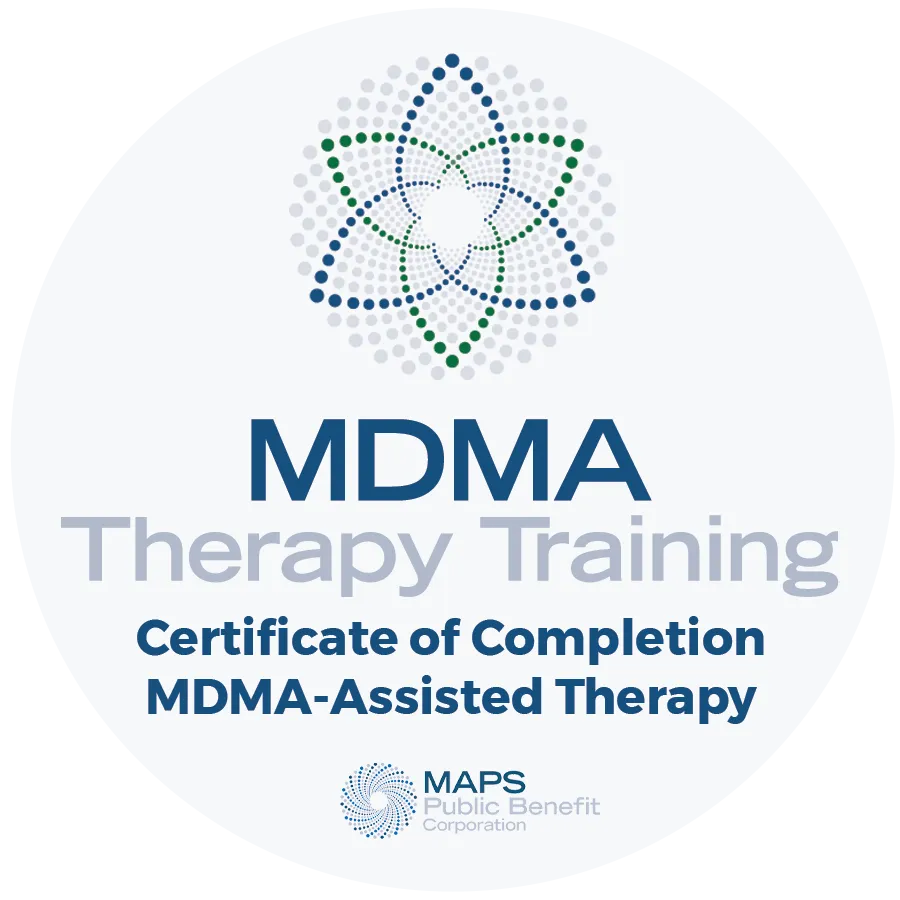
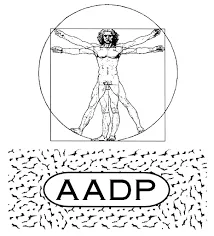
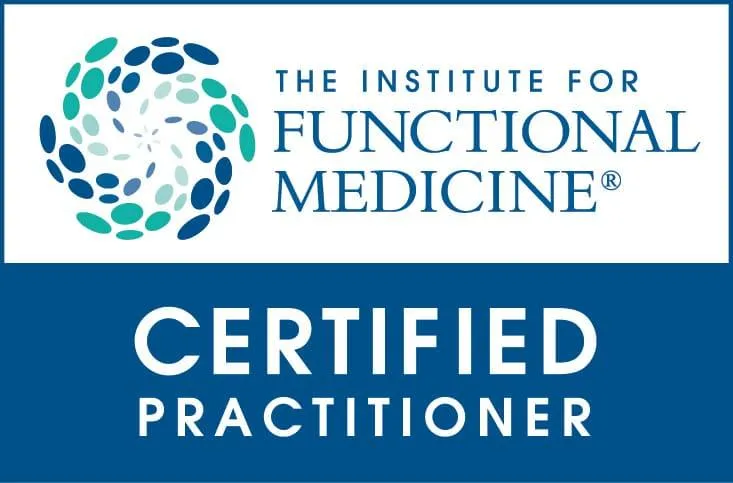

© Copyright | Dr. Keesha Ewers 2023

